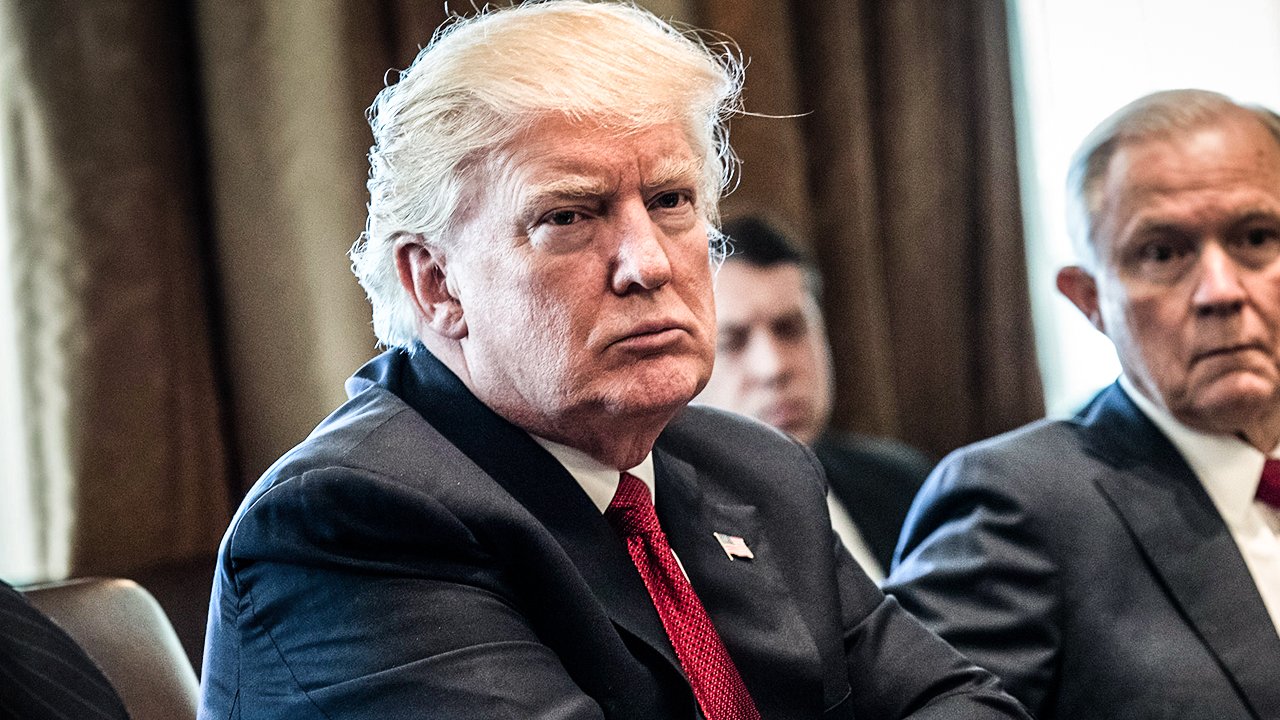Though the recent acknowledgement of so-called “fake news” has been a net good for political awareness and honesty, one unforeseen consequence of the term is that now, nearly anyone can make the wide-sweeping claim that any news source is “fake” and many people will believe it, whether it’s true or not.
You’ve may have seen the hastily-compiled Google docs of “Fake News,” that include the usual suspects like Breitbart and InfoWars. These lists are trying to inform the oblivious public that not every news-looking publication should be trusted. But you might have also seen lists that include reputable and respectable alternative news sources as well, making the list just as “fake” as the websites they report.
The issues with these lists is that they are not being standardized by anyone, and that Joe Schmo in Texas or Jane Doe in London can compile their list and be just as legitimate as any other. It’s an imprecise science, and it benefits corporate media to keep it that way.
Though the lists include many legitimate independent media sources, you will almost never see CNN, MSNBC, Fox News, NBC, or any other corporate-owned news source listed among the fake.
One theory is that many of these fake news lists are being created and spread by those with ties to the corporate news industry. After all, convincing the American public that the only source they can trust are the ones that pipe through their televisions at night is a good way to turn the jaded public back toward their nightly news.
During the very moment when most are looking for independent, honest news sources, these lists are circulating, smearing legitimate news with the dirty label of “fake.”
Of course, we have seen the devastating effects of real “fake news” (oxymoron, much?) like the attack on a D.C. pizza parlor thanks to a nasty conspiracy theory. But to go to extremes to believe each and every anonymous internet person who shouts “fake” is just as gullible as believing Breitbart when they say climate change isn’t real.



